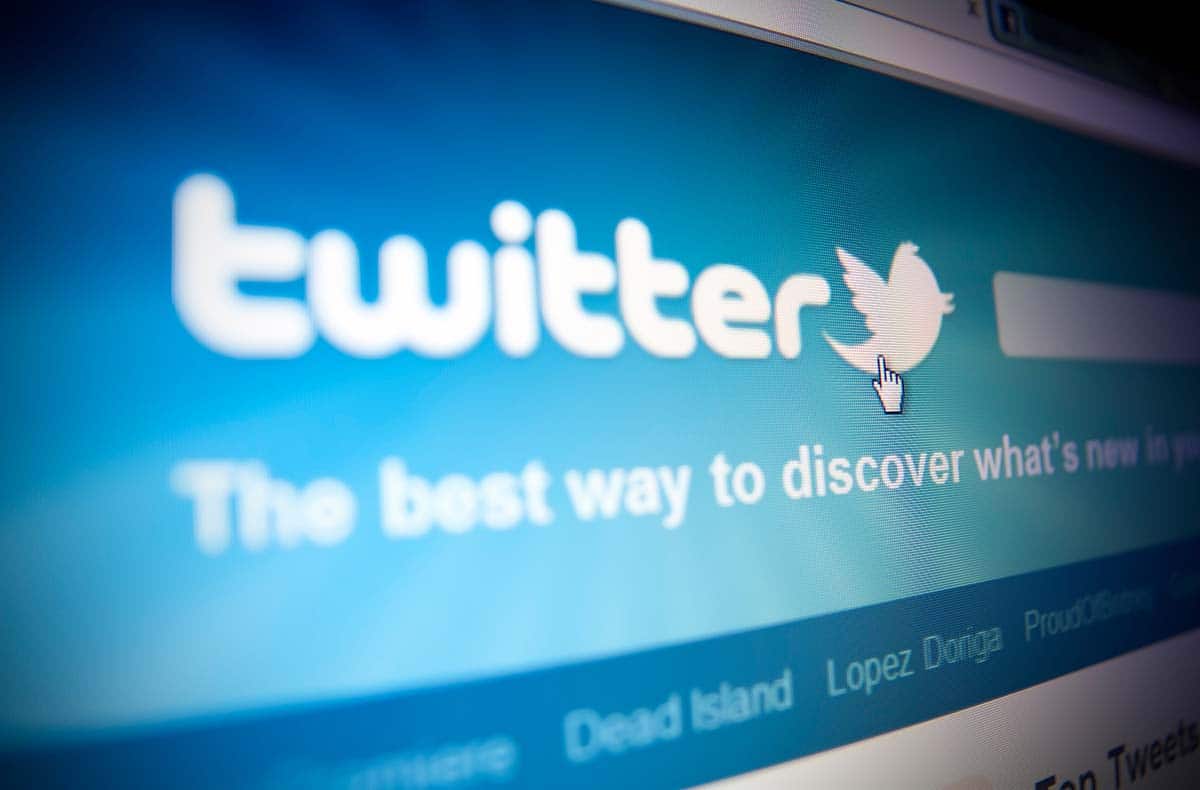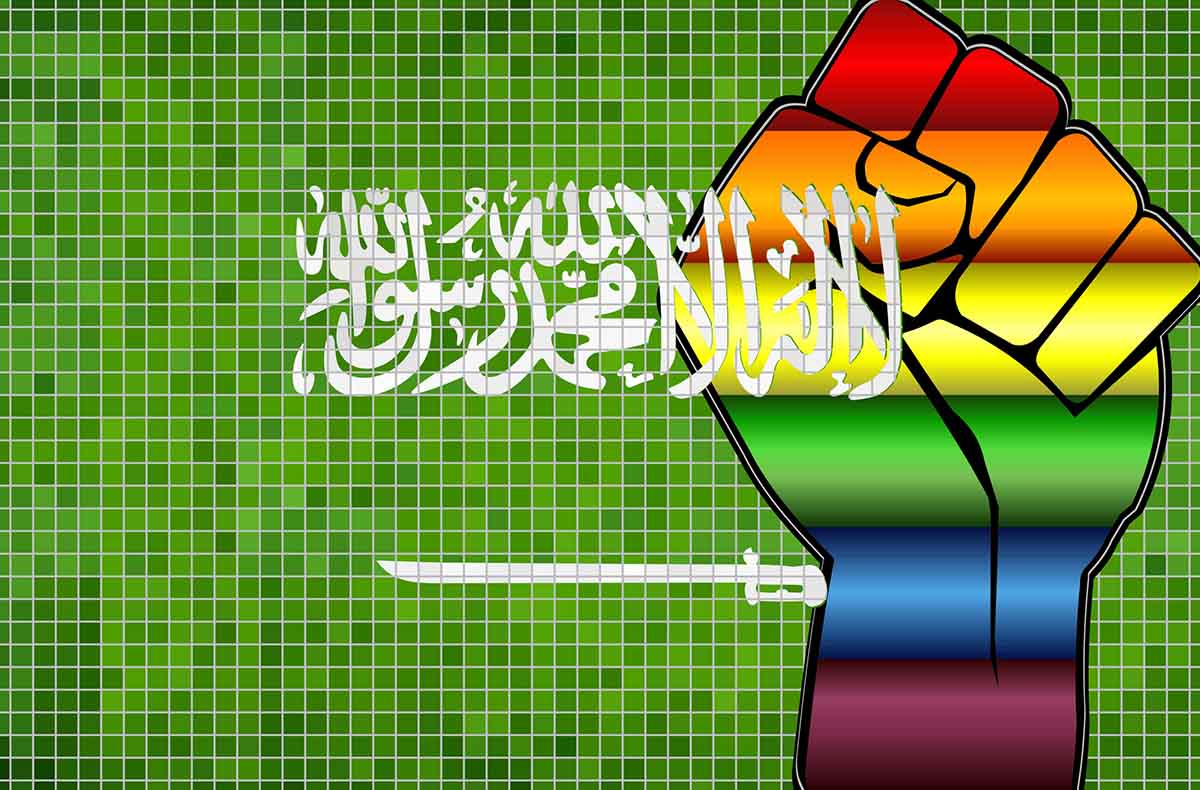
Elon Musk’s $44 billion Twitter purchase is either the end of times, or a new lease of life for social media, depending on whom you speak with. Evidently, the greatest threat to free speech today either comes from a multibillion-dollar corporation changing hands or the “woke establishment” for which the transaction is supposed to sound the death knell. It’s almost as if people aren’t actually being killed or incarcerated for using the “wrong” words in parts of our world.
Lest this be misconstrued as the far-too-frequent virtue-signaling whataboutism designed to deflect from a crucial debate, one has to emphasize here that billions today face violent ramifications for sending the “wrong” tweet. And Twitter has been dutifully compliant.
The social media platform has actively helped states like China suppress marginalized minorities, and dissenters—by promoting Beijing’s propaganda, for instance on Uyghur Muslim concentration camps – which the company has lately tried to address with its comical “state affiliated media” tags.
With Beijing, of course, Musk has personal business interests, given how Tesla is doubling its income in China every year. Questions are already being asked, including by Jeff Bezos, if the social media platform that has been banned in China since 2009, might actually become a Chinese mouthpiece if the trail for the “fight for free speech” ends up “following the money.”
But should Musk let Twitter become an American, or western, mouthpiece instead? The self-avowed “free speech absolutist” has already publicly taken a stand against bans on Russia, which stands out at a time Russian music is being “cancelled” and athletes barred from sports competitions.
Indeed, Musk’s “free speech absolutism” ideally would mean space for everyone’s propaganda, since space for no one’s wouldn’t be financially viable. But, “equal opportunity” utilization of Twitter space, would not only count both @elonmusk and a 12-follower deserted handle as one account each, but also states with varying real-world resources and clout identically.
If Musk intends to make money out of his whopping $44 billion investment, the likelihood is that his Twitter “town square” will likely be representative of power dynamics as any town square. Again, all of this is assuming that the free speech “absolutist” remains nonpartisan, if not neutral.
The biggest problem with free speech absolutism, of course, is that absolute free speech does not exist. Musk is unlikely to allow presidents to tweet nuclear codes, or passengers to tweet jokes about bomb threats at airports, which would be the modern-day rendition of Justice Oliver Wendell Holmes’ “shouting fire in a crowded theatre.”
Given that freedom of speech, anywhere in the world, is always paradoxically defined by its limits, or the speech that is disallowed, Musk’s “absolute” position of freedom of expression will similarly be substantiated by its exceptions. And if those exceptions mirror other social media platforms in letting individual, autocratic, states dictate what their citizens can post, and more gruesomely the penalization those tweets carry, Musk’s self-positioning as a free speech messiah will plummet quicker than the time it took him to buy Twitter.
In recent years, Twitter has taken down thousands of tweets and accounts dissenting against the Indian state after being pushed by the Indian government. Last year, Twitter actively censored posts that criticized India’s mishandling of covid-19. India pushed Bezos’s Amazon into issuing a rare apology after a TV show “hurt Hindu beliefs.” The Hindu nationalist Bharatiya Janata Party (BJP) is actively pushing its Hindutva narrative, with support from social media and digital streaming giants that are fast succumbing to autocratic government orders so as to not face expulsion from the second largest market in the world.
In addition to China and India, another major market that Twitter, and social media in general, has surrendered to is the Muslim world, by acquiescing to its gory intolerance against dissenting views on Islam. Not only has Twitter been censoring tweets and accounts deemed blasphemous against Islam, the social media platform has been issuing random warnings around the world that tweets deemed critical of the religion “violate Pakistani law.” This is de facto Islamic sharia in action, and among those who have been given warnings is Ensaf Haidar, the wife of Raif Badawi, the secular blogger who was imprisoned in Saudi Arabia for a decade “for insulting Islam online.”
“Online blasphemy” against Islam gets death sentences in 12 Muslim-majority countries and incarceration in 20 others. And social media companies are all too willing to let their platforms pave the path to the gallows for many, with death penalties being issued over Facebook posts, tweets and WhatsApp messages.
Where Musk stands on this remains to be seen. For, saying no to a ban on Russian news in the US might be a tad bit easier than asking religionist regimes in India and Pakistan to embrace free speech on religion, or to Beijing’s paid glorification of its Uyghur concentration camps.
Let’s see if Musk remains ‘absolutist’ in allowing ideas on his platform that might hurt his business through government bans in parts of the world. After all, the only reason anyone’s putting these expectations on him is owing to Musk’s self-billing as more than a multibillionaire big tech guy, whose ideas are more “revolutionary” than his technology.
Even so, if Musk’s pinned tweet from Tuesday—“free speech…mean[s] that which matches the law”—is anything to go by, one shouldn’t get their hopes too high.
The ”law” in China bans Twitter. The “law” in India issues prison sentences for eating beef. The “law” in Pakistan sanctions death for criticizing Islam.
And you don’t have to be a “free speech absolutist” to notice something very wrong with all that.


